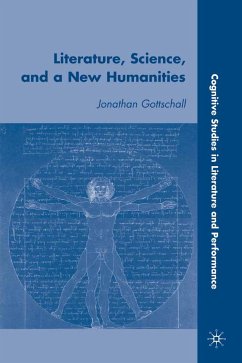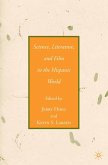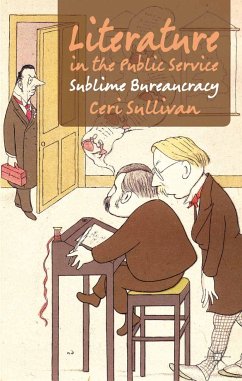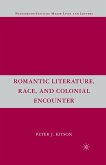Dieser Download kann aus rechtlichen Gründen nur mit Rechnungsadresse in A, B, BG, CY, CZ, D, DK, EW, E, FIN, F, GR, HR, H, IRL, I, LT, L, LR, M, NL, PL, P, R, S, SLO, SK ausgeliefert werden.
"Gottschall is a major star in the emerging field of literary Darwinism. Literature, Science, and a New Humanities makes a brilliant and passionate case that literary studies needs to adopt the research methods of the natural and social sciences in order to combat the intellectual sclerosis that has set in as theory s grip has weakened. The book is beautifully written, highly intelligent, and morally bracing - it is at once a strong challenge, a how-to manual, a manifesto, and a clarion call to change." - Blakey Vermeule, Associate Professor of English, Stanford University









